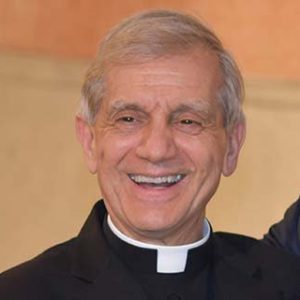
Readings:
Reading I: Is 50:4-7
Psalm: 22:8-9, 17-18, 19-20, 23-24
Reading II: Phil 2:6-11
Gospel: Mk 14:1—15:47
Waving branches, singing hosannas, laying down the clothing of identity,
Christ rides into time.
Triumphant.
Into a city of memories.
Into the history of our living, our moving, our being unto death,
Christ rides on, and we engage such history as mystery:
Summoned, independent of time and death as we know it,
by a
Paschal Mystery –
Into
A new era, a new humanity, a new covenant, a new consciousness.
The self-emptying of G-d, the divine, into the human,
This is the Kenosis of love incarnate, the flesh of our flesh, consumed in passion
and skewered on a cross,
The bone of our bone,
Demonstrating the wonder of a disappearing servant rabbi who becomes all-in-all,
An Epiphany.
Song is inevitable:
What wondrous love is this?
An annual question, sung aloud as if meant to be rhetorical, yet crucial to learning
The Way.
Students are eager for the uplifting, raised above the earth,
the pedagogy of the great Christ,
The teacher who becomes the first disciple of his own discipleship
Bending low to lathe the feet of his friends,
Feeding, then assuaging their thirst like a pelican mother
Of Paschal Mystery.
What wondrous love is this, O my soul?
A passion, a death, an abandonment
Then, a whisper of resurrection.
An astonishment,
Bedazzlement, a matter of great gratitude.
Yet first, a Sabbath rest, then a descent
Into the bowels of the nether land, the slumbering place of the dead.
Christ tramples down death by death, and those in the grave find their way out
Into the Light:
Adam, Eve, Noah,
Sarah, Abraham, David, Bathsheba,
Joseph, Elizabeth, Anna, Joachim, the Baptizer,
all pulled up,
Amor vincit omnia. This wondrous love.
Pulled out into the promise of the Reign of God
On earth as it is in heaven.
And Satan rattles around in the hollow halls of hell.
Alleluia is heard even on Palm Sunday.
Rev. Richard Fragomeni
Professor of Liturgy and Preaching
Chair, Department of Word and Worship